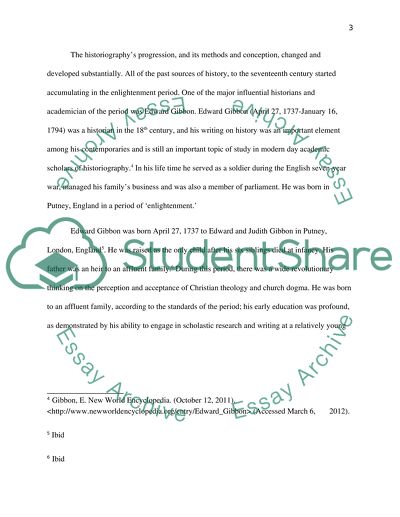Cite this document
(“Edward Gibbon and his contribution to Historiography Research Paper”, n.d.)
Retrieved from https://studentshare.org/history/1395599-edward-gibbon-and-his-contribution-to
Retrieved from https://studentshare.org/history/1395599-edward-gibbon-and-his-contribution-to
(Edward Gibbon and His Contribution to Historiography Research Paper)
https://studentshare.org/history/1395599-edward-gibbon-and-his-contribution-to.
https://studentshare.org/history/1395599-edward-gibbon-and-his-contribution-to.
“Edward Gibbon and His Contribution to Historiography Research Paper”, n.d. https://studentshare.org/history/1395599-edward-gibbon-and-his-contribution-to.


